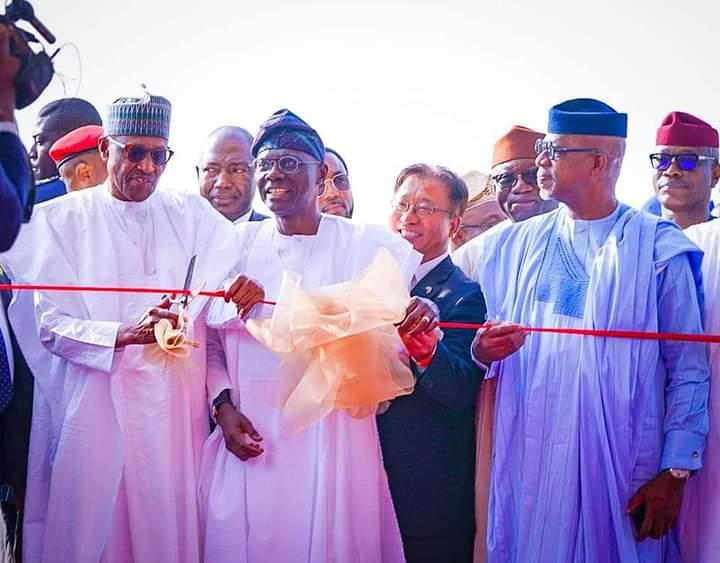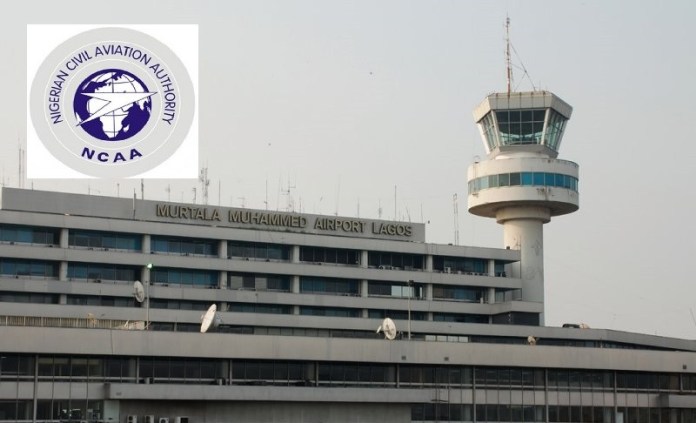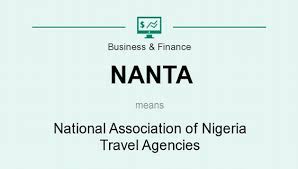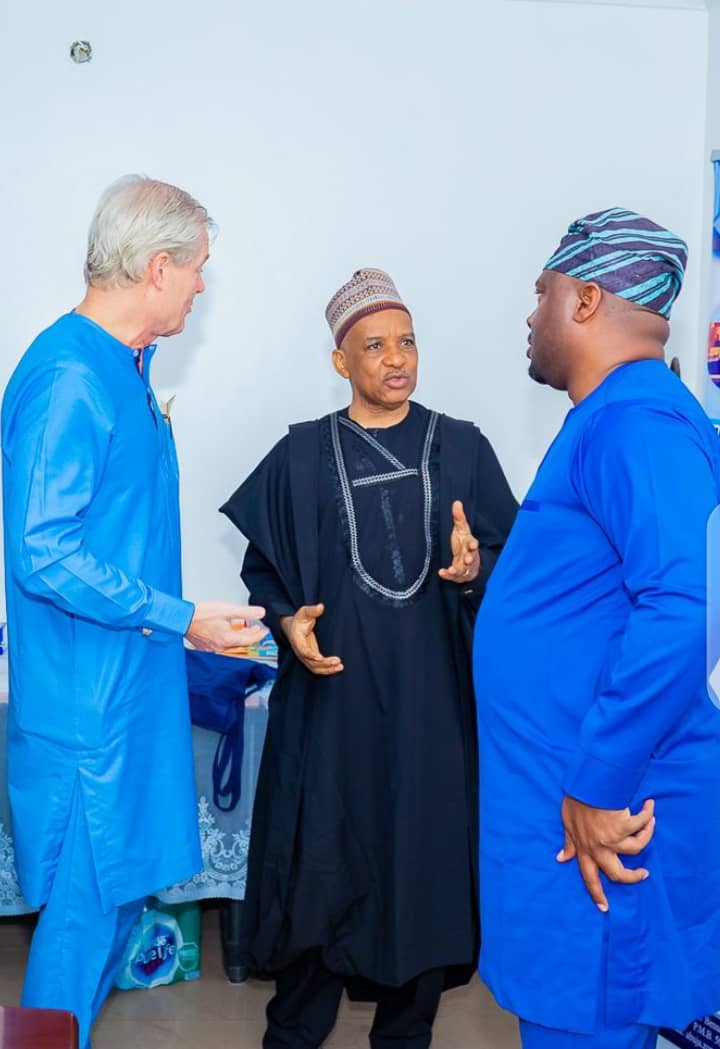The Managing Director and Chief Executive Officer of the Nigerian Ports Authority (NPA), Mr Mohammed Bello-Koko has opened up on why the Authority reduced its stake holding at the just commissioned Lekki Deep Seaport.
Responding to a question on NPA’s stakes in the Lekki Port, he said the initial idea was for the NPA to have about 20 to 25 per cent stake, “but we felt there was need for us to reduce government’s involvement in private ports and reduce our equity to about 5 per cent.
“However, irrespective of the equity that NPA owns in that port, we still remain the regulator. We are the port regulator; we regulate the port activities and there will be revenue coming from there; and, of course, we know the issue of the land: there is contention as to who owns the land from a certain distance between the ocean and the land.
“It is owned by the government or NPA, but that was sorted out between Lagos State and the Lekki Deep Sea Port. So, that equity that we gave actually introduced statutory cover to the fact that you cannot have a private port in Nigeria and government does not have equity in it. That is the essence of that equity.”
Speaking on the extent of NPA’s regulatory controls on deep seaports, like the one by Pinnacle Oil, which is about 11 kilometres into the sea, Bello-Koko said “We do and they call it an SPS. It is a Single Port Model that is mostly used for liquid cargoes, whereby the vessels do not need to come on shore to either load or offload.
“We give approvals for locations of those things; we also do coordinate; we also know when their vessels are coming in; we need to regulate their in and out (movements); they are also using our channels.
“So whether you have an SPM, it is the NPA’s channels that those vessels would come through and the regulatory functions are as they relate to their marine activities, but as for the evacuation and loading, that is between them and Nigeria National Petroleum Company (NNPC) Limited and whoever the importers are.”









